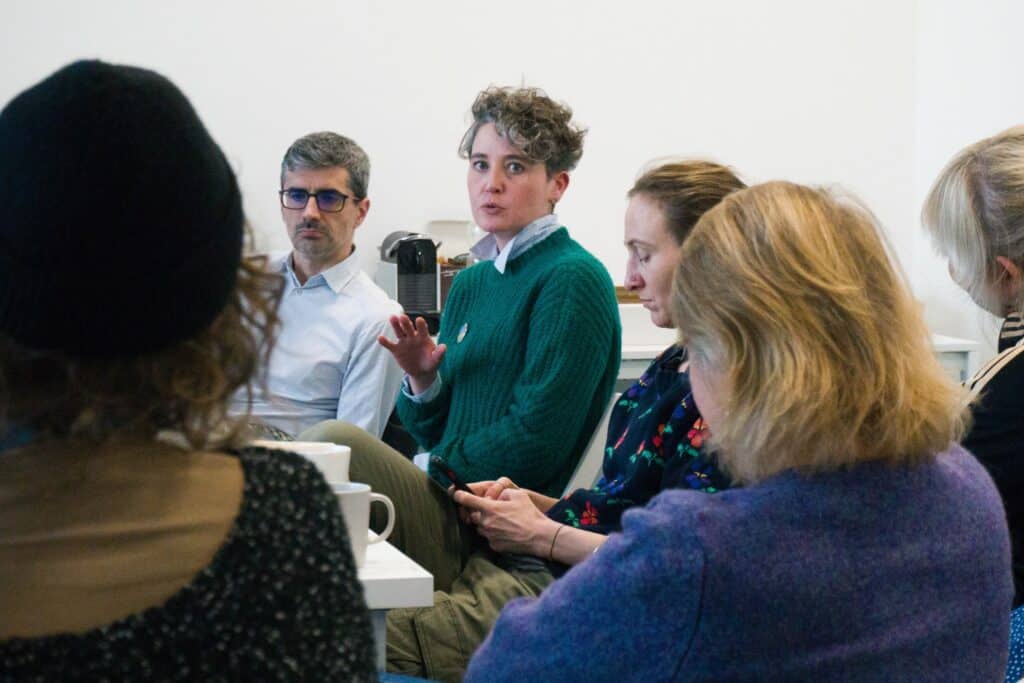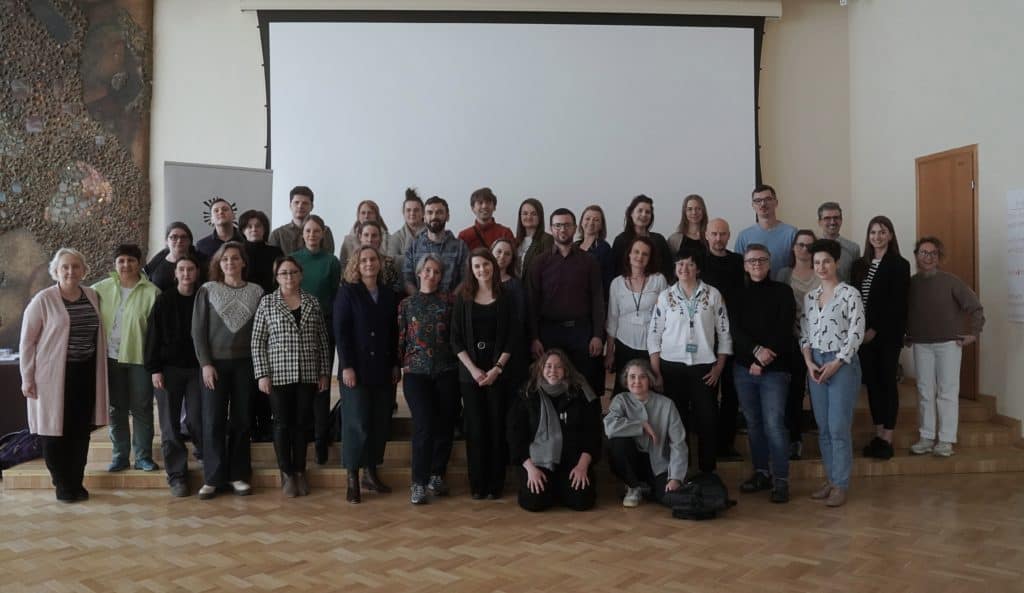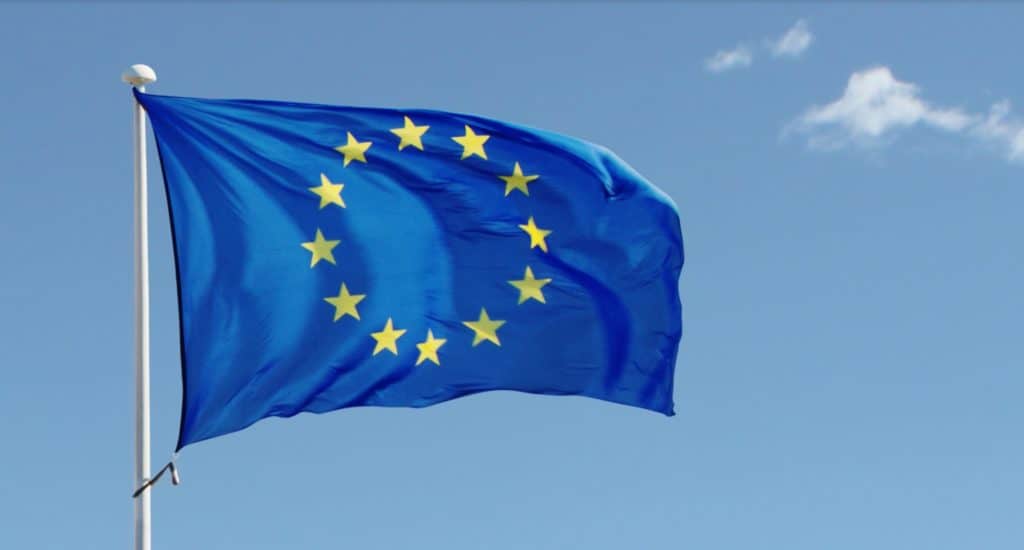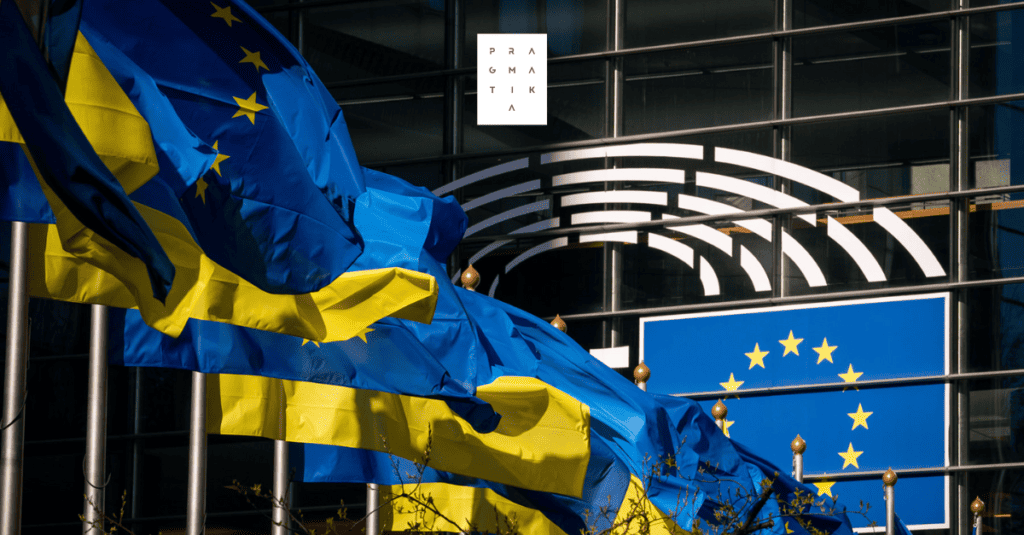- Poland used to be a country of emigrants. Nowadays, it is a place of immigrants who come from the neighbouring countries, as well as from faraway countries.
- Not only does it pose a huge challenge, but also a great opportunity for both Poland and its local communities.
- Support in developing local migration policies can be provided by this document.
Poland, along with the US, is the country receiving the most temporary migrants in the OECD. According to the Central Statistical Office, more than 2 million foreigners lived in Poland at the end of 2020. A report by the Union of Metropolises shows that in January 2022, Ukrainians alone lived in Poland more than 1.5 million. After the Russian invasion of Ukraine, an additional 3 million 200 thousand Ukrainians came to our country in a very short time. A significant number of them will stay here.
Poland is and will continue to be a place with a growing migrant community. For local government communities, this means that no longer only in large cities, but also in smaller municipalities, the residents are and will be foreigners. This is a great challenge, but also a great opportunity for both Poland and local communities.
Changes, especially sudden ones, cause fear and uncertainty. Therefore, we recommend and encourage active, cross-sectoral involvement of local communities to take responsibility for current social processes resulting from migration. The document we have prepared can serve as a starting point for discussions and broad cooperation for the development of migration policies. Policies that aim to create a community able to live peacefully with each other.
The document offers specific instructions suggesting “next steps” – from diagnosing the situation of migrants, to identifying specific areas of integration policies, to the implementation strategy. However, it is not a “ready-made” – any municipality willing to use this document should set aside time to work on its own policy.
About the author: Anna Dabrowska – President of the Homo Faber Association. Human rights activist, anti-discrimination trainer, social animator, graduate of the School of Human Rights of the Helsinki Foundation for Human Rights and the Institute of Legal Sciences of the Polish Academy of Sciences. She is currently writing her doctoral dissertation at the Faculty of Political Science of the Maria Curie-Skłodowska University on the integration processes of Ukrainian migration in Poland after 2014.



